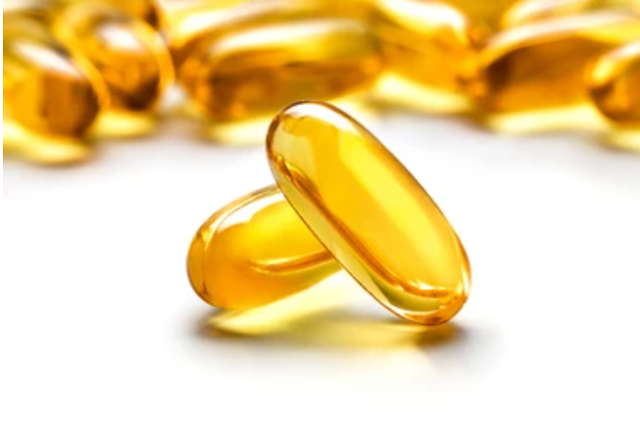Unveiling the Potential of Vitamin E: Benefits, Side Effects, Interactions, Dosage, and Precautions
Unveiling the Potential of Vitamin E: Benefits, Side Effects, Interactions, Dosage, and Precautions
Vitamin E, a fat-soluble antioxidant, has long been hailed as a versatile nutrient with a wide range of potential health benefits. From promoting skin health to supporting immune function, Vitamin E is often considered a wonder supplement. However, like any supplement, it's essential to understand its effects, interactions, recommended dosage, and potential side effects to make informed decisions about its use. In this comprehensive article, we will delve into the world of Vitamin E, exploring its benefits, potential drawbacks, interactions with other substances, proper dosage, and necessary precautions.
Unveiling the Benefits of Vitamin E
- Antioxidant Protection: Vitamin E is renowned for its antioxidant properties, combating free radicals and oxidative stress that contribute to cellular damage and aging.
- Skin Health: The antioxidant nature of Vitamin E makes it a popular choice for maintaining healthy skin. It may help prevent premature aging, reduce the appearance of scars, and enhance skin's moisture retention.
- Immune Support: Vitamin E supports the immune system by promoting the production of immune cells and enhancing their function.
- Heart Health: Some studies suggest that Vitamin E might help protect against heart disease by reducing cholesterol oxidation and improving blood vessel function.
- Eye Health: Vitamin E, along with other nutrients like Vitamin C and zinc, plays a role in maintaining eye health and reducing the risk of age-related macular degeneration.
- Cognitive Function: Research suggests that Vitamin E may contribute to cognitive health and reduce the risk of cognitive decline with age.
Navigating Potential Side Effects and Interactions
- Side Effects: While Vitamin E is generally considered safe when taken within the recommended dosage, high doses can lead to side effects such as gastrointestinal distress, bleeding, and impaired immune function.
- Drug Interactions: Vitamin E supplements may interact with blood-thinning medications like warfarin, increasing the risk of bleeding. It's crucial to consult a healthcare professional if you're taking medications before starting a Vitamin E supplement.
Determining the Right Dosage
- Recommended Daily Allowance: The recommended daily allowance (RDA) for Vitamin E varies based on age and gender, ranging from 15 to 19 milligrams.
- Supplement Dosage: While supplements are available in various forms (capsules, oils, creams), it's generally advised to consult a healthcare professional before starting any Vitamin E supplementation regimen. They can recommend a suitable dosage based on individual health needs.
Precautions and Warning
- Natural vs. Synthetic: Vitamin E is available in both natural and synthetic forms. Natural forms, labeled as "d-alpha-tocopherol," are more biologically active and beneficial.
- High Doses: Taking high doses of Vitamin E supplements (above the recommended levels) for extended periods may increase the risk of adverse effects.
- Health Conditions: Individuals with certain health conditions, such as bleeding disorders or diabetes, should exercise caution when taking Vitamin E supplements. Consulting a healthcare professional is essential.
- Allergic Reactions: Some individuals may experience allergic reactions to Vitamin E supplements. Discontinue use and seek medical attention if any adverse reactions occur.
Incorporating Vitamin E into a Balanced Diet
- Dietary Sources: Vitamin E-rich foods include nuts (such as almonds and hazelnuts), seeds (like sunflower seeds), spinach, broccoli, and vegetable oils (such as sunflower and safflower oils).
- Balanced Diet: Incorporating a variety of nutrient-rich foods into your diet ensures a balanced intake of essential vitamins, including Vitamin E.
Conclusion: Making Informed Choices
While Vitamin E offers a host of potential health benefits, it's crucial to approach supplementation with caution and consult a healthcare professional. The mantra of "more is better" doesn't necessarily apply to vitamins, and striking a balance between dietary sources and supplementation is key. By understanding the benefits, potential risks, interactions, recommended dosages, and precautions associated with Vitamin E, you can make informed choices that contribute to your overall health and well-being. Remember, moderation and professional guidance are essential when it comes to harnessing the potential of Vitamin E.

















No comments